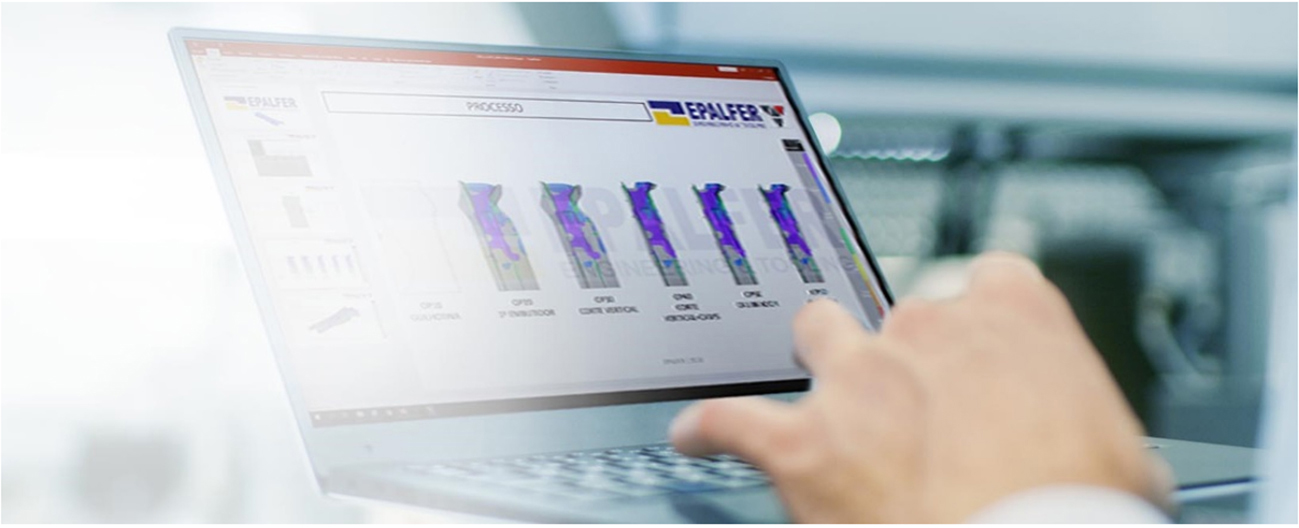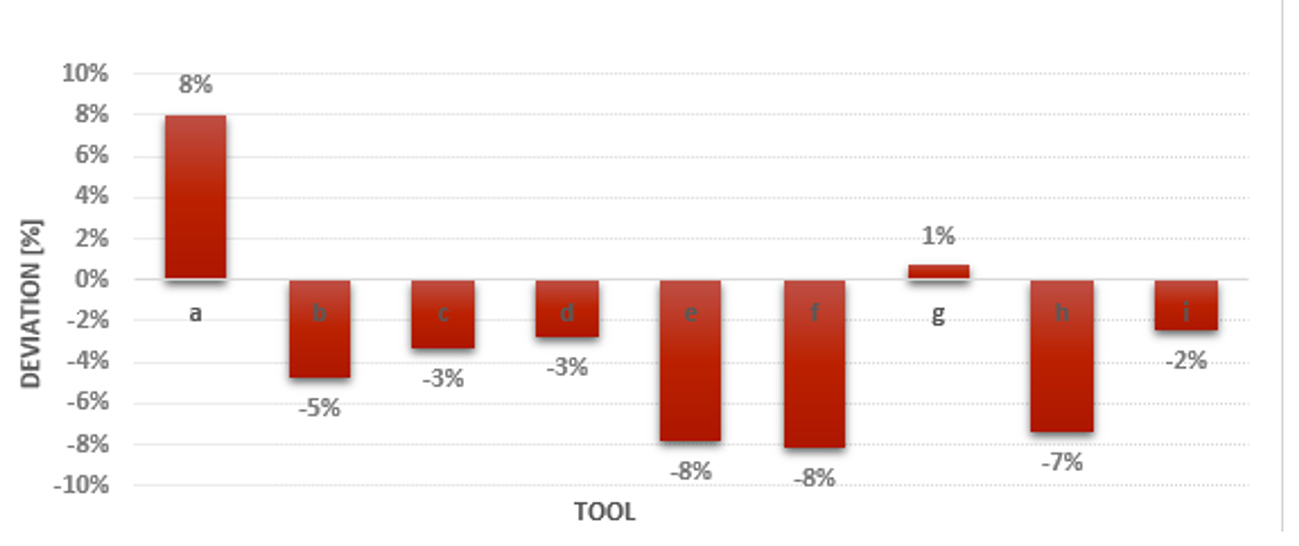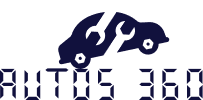EPALFER Portugal Achieves Agile Planning & Bidding
July 22, 2023
How EPALFER from Portugal shortened their planning and bidding phase
In 2020, EPALFER, a toolmaker based in Portugal dedicated to developing and constructing stamping tools for the automotive industry, made the decision to expand their use of AutoForm software. They wanted to include the extensive planning and bidding functionalities to improve the accuracy of their quoting method and meet increasingly shorter lead times. Currently, they use AutoForm at the beginning of each project to assess the early feasibility of the forming process and provide an initial cost estimate within just a few minutes.
A few years ago, there was a period of uncertainty in the automotive industry, during which several new car programs were being launched. “We decided that it was a good time to prepare ourselves for the coming challenges,” explains João Silva, responsible for the Production Planning department at EPALFER. “We had identified some needs for improvement in our quoting processes, such as the time-consuming Excel-based method in place and bottlenecks due to the existing dependency on expert knowledge from the person responsible for quoting. All this intensified at times of peak workload, when we were unable to provide all of the requested quotes in time.”
“A key objective we had in mind was reducing the amount of manual input, to improve the response time and to avoid the chance for human error when transferring information from CAD to a spreadsheet,” Silva continues. “We considered that AutoForm’s CAD-based and user-friendly interface together with its feature detection functionality was a good starting point for a quoting process. We were also well aware as AutoForm users of the process planning capabilities included in the software. Therefore, it seemed quite clear that AutoForm could help us improve our quoting method.”

AutoForm allows planners to rapidly generate and evaluate alternative process plans.
The software allows the user to quickly create alternative process concepts to produce quality and cost-effective parts, enabling them to decide which one to implement. This planning process is carried out transparently and consistently, providing each person involved in the decision-making process with a clear view of the intended process and confidence in the resulting estimated cost based on it. João Silva explains, “Our method usually takes one to several hours per quote, allowing us to produce only 5 or 6 quotes per day. Now, using this AutoForm solution, we can achieve a consistent and reliable quote within just 30 minutes, including an early feasibility check on the part formability and a preliminary material consumption estimate. If needed, we can spend some extra time to define a more detailed process plan, obtaining an increasingly accurate cost estimation or evaluating alternative production attempts, but we still manage to keep it within an hour for most parts. This will undoubtedly allow us to multiply the number of completed quotes and increase our chances of being nominated for a project.”
The engineers in the quoting department at EPALFER were able to estimate costs within a reasonable range of ±8% for an average quote of progressive and transfer tools. This represents a very satisfactory result for the job processes used in the automotive sector.

Example deviation (%) in several quoted projects: estimated total cost vs. real total cost for transfer tools.
EPALFER’s quoting workflow has become more agile since the implementation of AutoForm’s user-friendly 3D-based interface, which is accessible not only to existing users but also to occasional users who only need to view the quoted process or results. The transparency and comprehensibility of the quoted process are ensured since a proper definition of the process plan is a key driver of cost estimation. The automatic functionalities and wizards assist users with less process planning expertise along the process definition.
Minor adjustments were required in their workflow to introduce AutoForm from the beginning of each project, resulting in a seamless integration of the software. A single file is transferred downstream from early planning to process engineering, eventually leading to a final validation of the same quoted process, reducing the chance of errors in information exchange between departments or inconsistencies between the initially quoted process and the one finally engineered.
In conclusion, EPALFER achieved a successful application of AutoForm Solution by identifying areas needing improvement and exploring the possibilities available in the software to tackle them. They made it fit their cost structure via standards and through continued usage to build up their experience. Currently, they are benefiting from the increased accuracy and less time-consuming quoting method provided by AutoForm, as well as taking advantage of the integrated workflow within the AutoForm Forming interface to reduce errors and improve intercommunication
